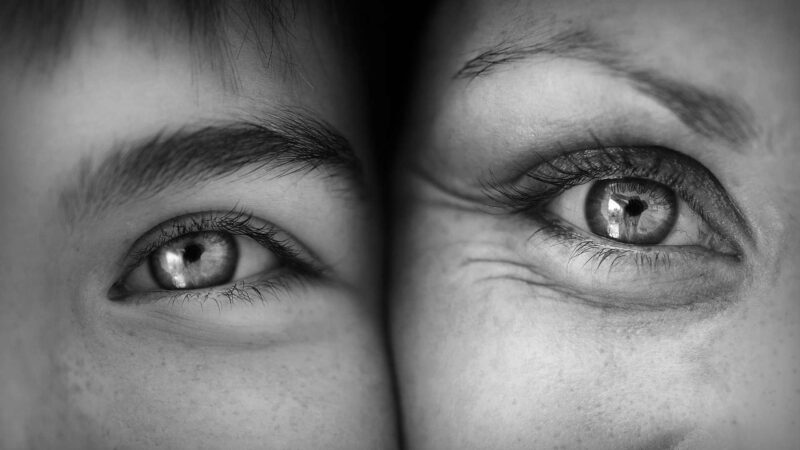ACCESS TO DENTAL CARE FOR PRIORITY POPULATIONS
With
Professor Dileep Sharma,
Head of Discipline Oral Health,
School of Health Sciences,
University of Newcastle,
New South Wales, Australia
RESEARCHER PROFILE
Filmed in Ourimbah, New South Wales, Australia | November 2025
Professor Dileep Sharma is a distinguished dental educator and researcher who currently serves as Professor and Discipline Head of Oral Health at the University of Newcastle, Australia. With over two decades of experience spanning clinical practice, research leadership, and academic mentorship, Professor Sharma has established himself as a leading authority in oral health education and interdisciplinary research.
His academic journey includes a Master of Dental Surgery in Periodontics and a PhD from Griffith University, where his doctoral research focused on bisphosphonate-related osteonecrosis of the jaw. Professor Sharma’s leadership extends beyond research, having successfully led curriculum development and program accreditation processes, including the re-accreditation of the Bachelor of Oral Health Therapy program by the Australian Dental Council.
Professor Sharma has had significant career milestones, including receiving the James Cook University Dean’s Teaching Excellence Award in 2021 for innovative educational practices and research mentorship. He was internationally recognised as a Fellow of The International College of Dentists and The Pierre Fauchard Academy, and received the Joan Chong Award in Dental Materials in 2022. With over 80 peer-reviewed publications and nearly $1 million in competitive research funding, Professor Sharma has demonstrated research excellence. Additionally, he is currently supervising six PhD students, contributing to the successful completion of various research projects.
Professor Sharma’s current research focus is across 3 domains:
– Priority Population Research: Professor Sharma’s work addresses oral health disparities in underserved communities, including Aboriginal and Torres Strait Islander populations, refugee communities, and individuals with mental health conditions. His research encompasses oral cancer prevalence mapping in rural Australia and interventional strategies for vulnerable populations.
– Tissue Engineering & Bioactive materials: His expertise in regenerative medicine includes implant surface modifications, bioengineered materials, hydrogels, and 3D printing applications for periodontal regeneration. Notable work includes developing novel zirconia implant surfaces and VEGF-hydrogel delivery systems for prevention of medication-related osteonecrosis of the jaws.
– Public Health & Educational Research: Professor Sharma leads population health initiatives examining oral health-mental health connections, dental workforce development, and innovative educational methodologies. His scholarship of teaching and learning research focuses on enhancing clinical education and professional competency development in dental and oral health programs.
Source: Supplied and adapted
You Might also like
-
Genetics and Environmental Factors of Glaucoma & Myopia
Professor David Mackey’s original research, over more than 30 years into the genetics of glaucoma and in the fields of optic atrophy and congenital cataract, has received constant professional accolades, attracted ongoing research funding and led to his publication of more than 400 peer-reviewed papers.
-
Novel silk-based biomaterials for tissue engineering and regenerative medicine
Dr Jelena Rnjak-Kovacina is a Scientia Associate Professor and ARC Future Fellow leading a multidisciplinary group at the Graduate School of Biomedical Engineering, UNSW Sydney in Australia.
Her research interests are at the interface of biology and engineering, focusing on the development of biomimetic materials that direct cellular interactions for enhanced vascularisation and for the treatment of cardiovascular disease. In particular, she develops novel silk-based biomaterials and investigates how biomaterial properties translate to biological outcomes.
-
Development of novel analytical and diagnostic tools using nanotechnology and microfluidics
Dr Alain Wuethrich is an NHMRC Emerging Leader fellow and ARC DECRA awardee at the Australian Institute for Bioengineering and Nanotechnology.
Hailing from Switzerland, research focuses on the development of novel analytical and diagnostic tools that harness nanotechnology and microfluidics; two rapidly growing fields with high potential to provide diagnostic solutions needed for precision medicine.

 https://orcid.org/0000-0003-4463-1480
https://orcid.org/0000-0003-4463-1480


